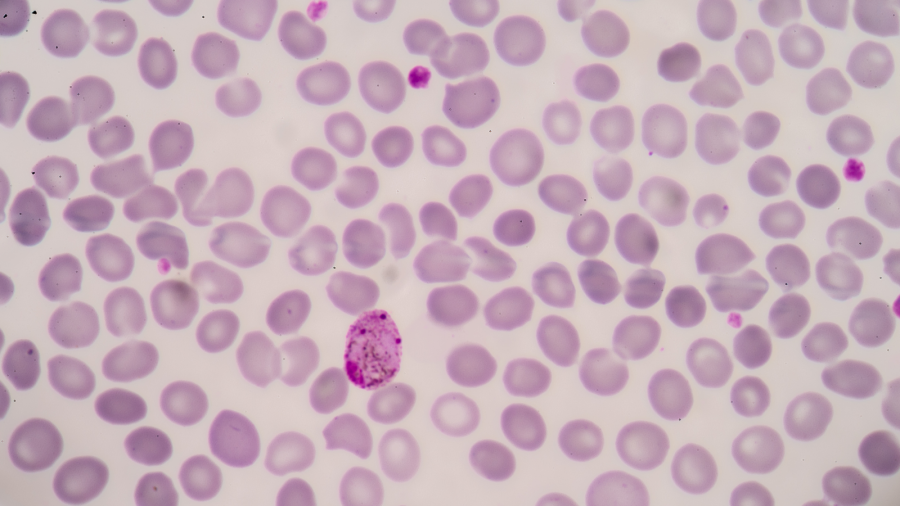
Malaria may not be a health concern for parents and children in the UK, but for millions of others it's a very different story. In Africa, where 90% of cases are found, families face the risk of their children getting sick or dying from the disease on a daily basis. It’s the reason scientists are working so hard to find innovative solutions and why there were so many headlines heralding official endorsement of the first malaria vaccine for this very complex disease.
Malaria has been afflicting humans for millennia. In that context, the fact teams of dedicated people have been developing and testing the first malaria vaccine – RTS,S – over the last 30 years to protect the vulnerable is a drop in the ocean.
Yet questions are likely to be asked about why it has taken so long to get to this point, particularly when we collectively watched vaccines produced in record time to combat COVID-19.
The answer is simply that parasitic diseases such as malaria are much more complicated than viral infections.
Read the expert opinion from Dr Kevin Tetteh, Associate Professor at the London School of Hygiene & Tropical Medicine
LSHTM's short courses provide opportunities to study specialised topics across a broad range of public and global health fields. From AMR to vaccines, travel medicine to clinical trials, and modelling to malaria, refresh your skills and join one of our short courses today.
